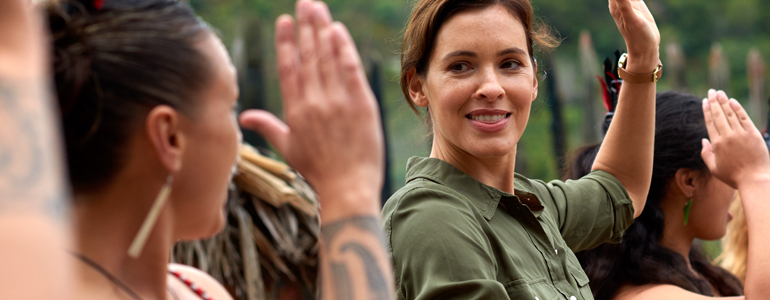Define the vision
A clearly defined long-term vision, to which the community and stakeholders are committed, with an agreed understanding of what success looks like, is critical to ensure all parties are heading in the same direction.
On this page
Agree on outcomes that you would like to achieve, as well as values/principles to guide the development of the plan. Focus on outcomes that consider economic, social, environmental and cultural measures, as well as the best way to monitor performance.
See the Measuring success section
Consider how well the vision aligns with national strategies and plans, as well as the regional economic development strategy and other relevant plans.
Ask
- Is there an agreed vision that includes the perspectives of visitors, tourism operators, wider businesses, community, Māori/iwi/hapū and local government stakeholders?
- Is the vision aspirational, inspirational and engaging?
- Have we identified values/principles to guide the stakeholders and the development of the Destination Management plan?
- Does the vision support other national and regional plans, as well as a sustainable approach?
- Do we have clearly defined outcomes and an agreed understanding of what success looks like? Do these consider the four well-beings of environmental, cultural, social, economic?
- How will we know when we have achieved our vision?

Fraser Clements, Te Puia, Rotorua
“Destination Management should promote the importance of the customary context and protocols (kawa and tikanga) which forms the foundation for manāki whenua (nurture, protect, enhance) and manāki tangata (protecting the relationship with tangata whenua).”
George Asher, Ngāti Tūwharetoa

